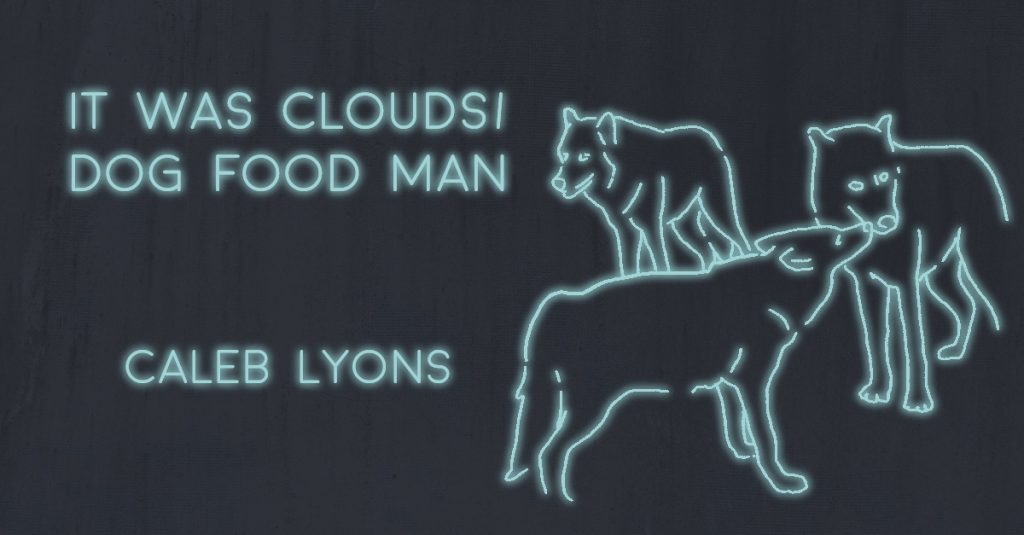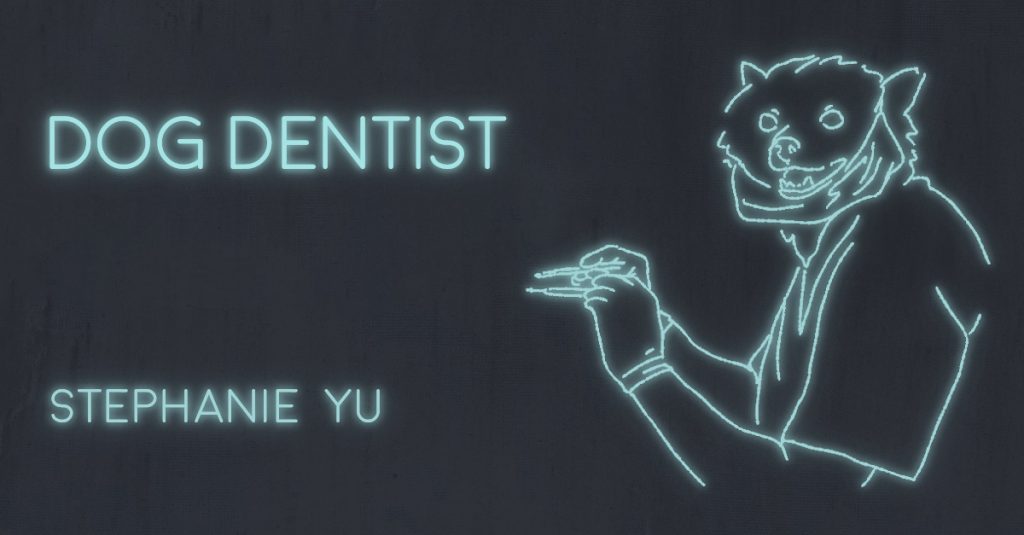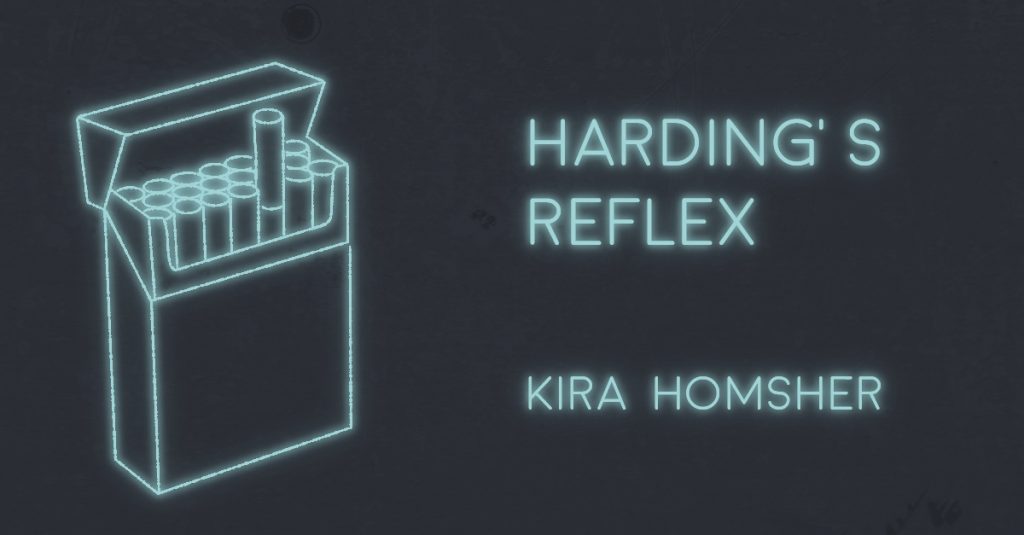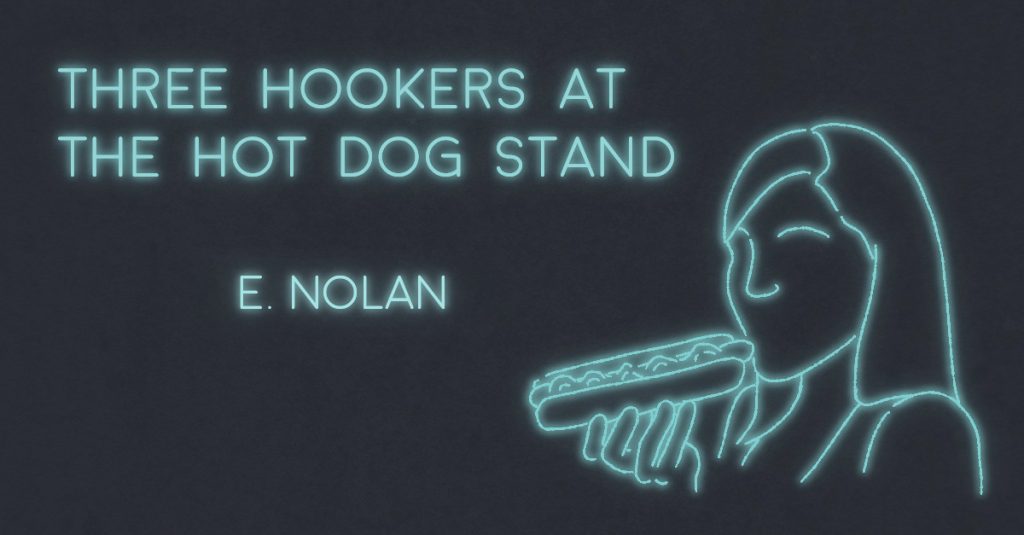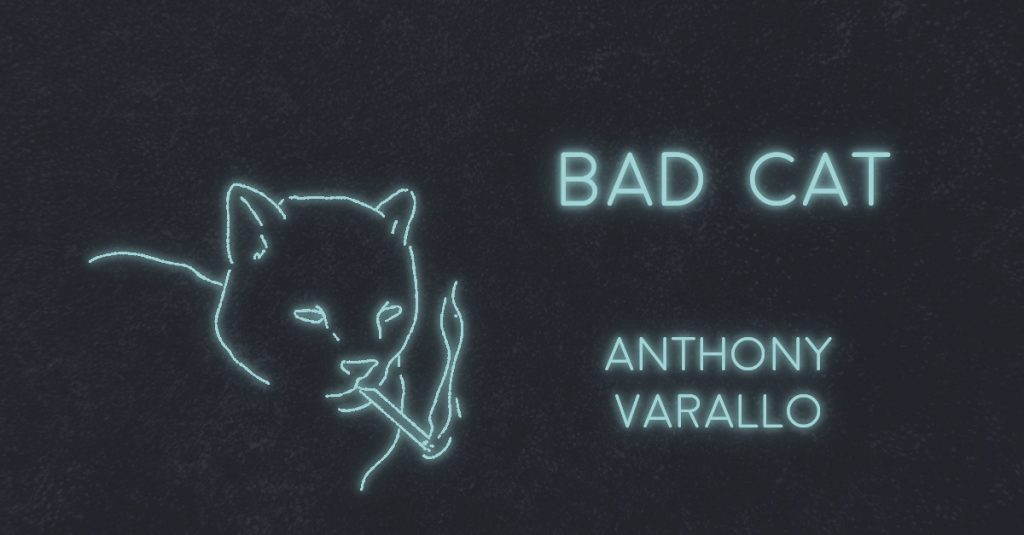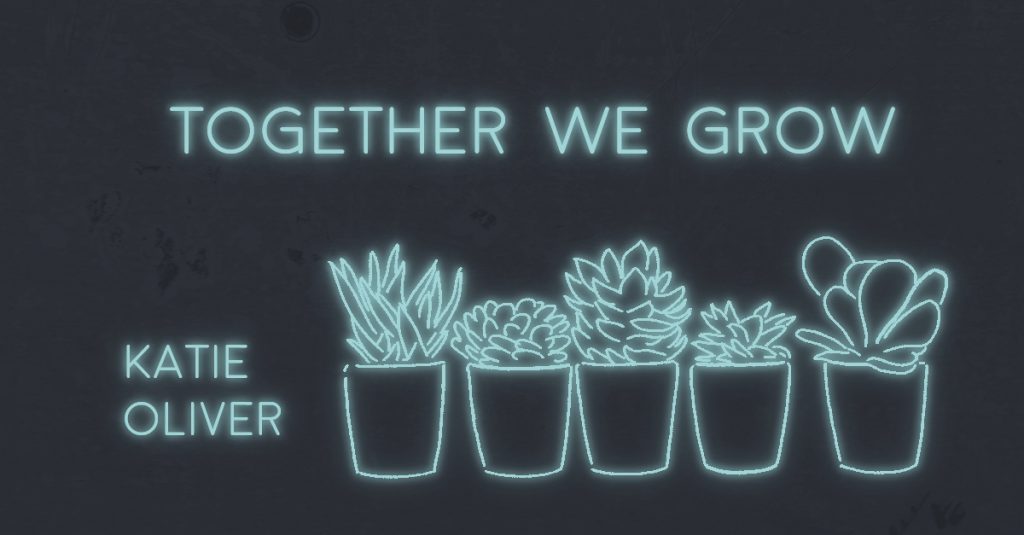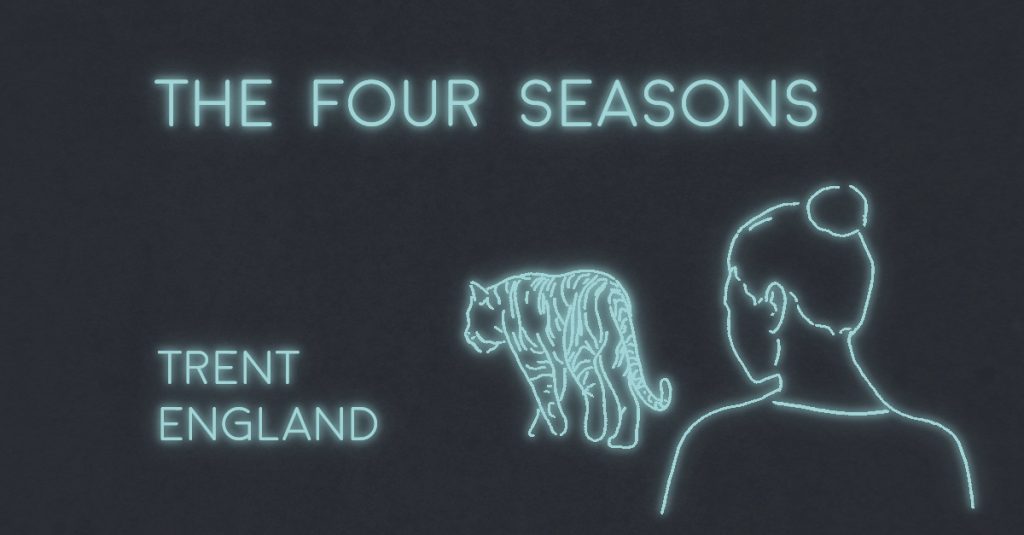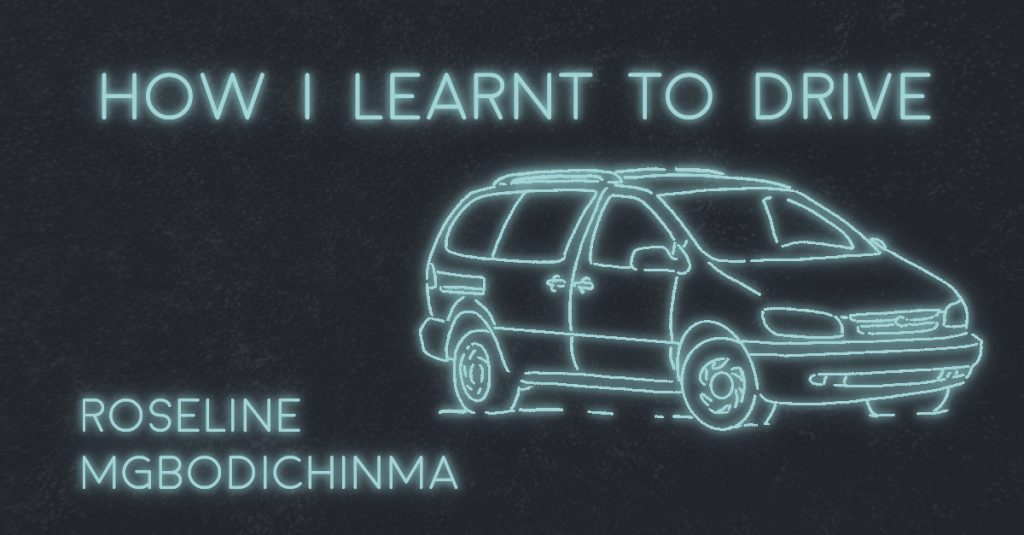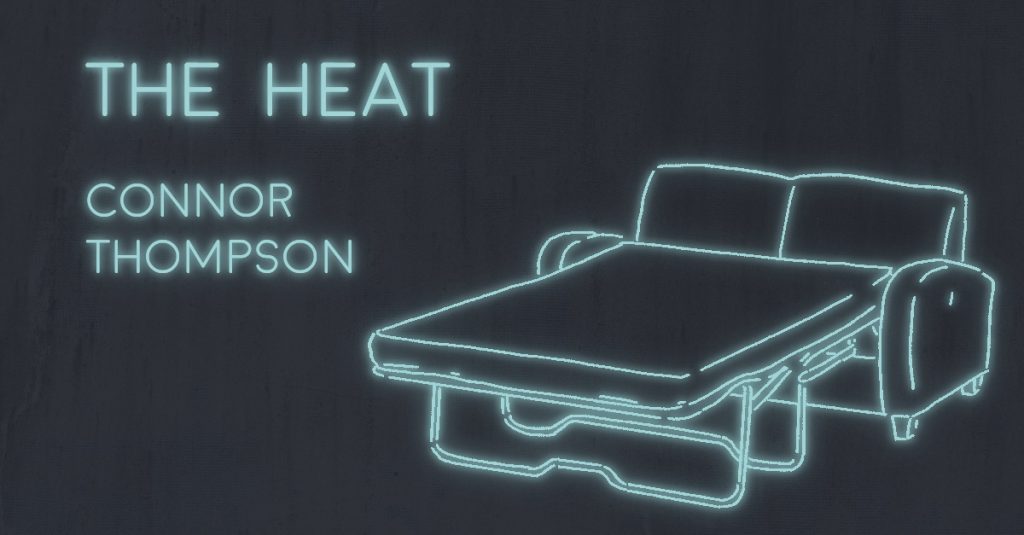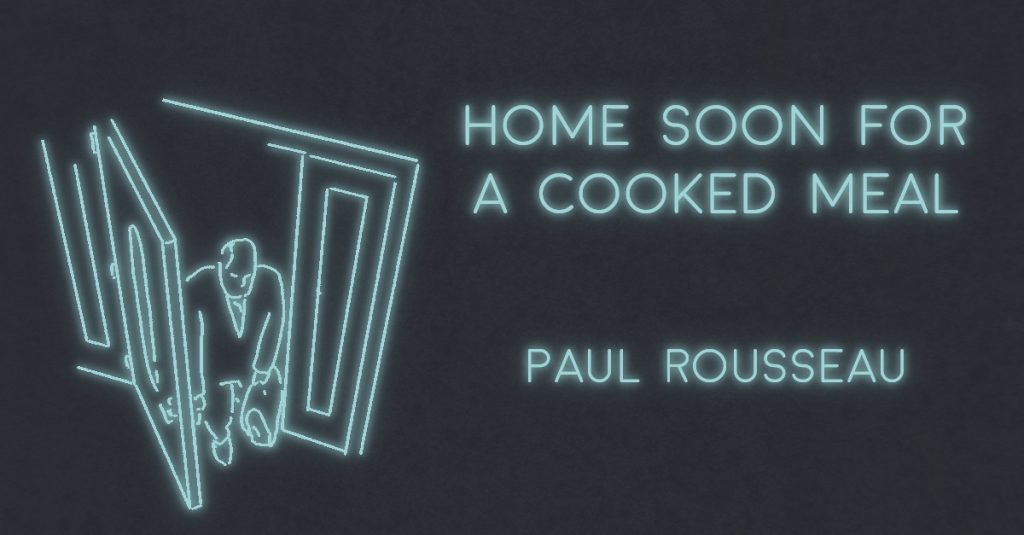Because of the heat, she decides to sleep downstairs. “This old townhouse funnels the stuff upwards like acid reflux,” she says. She slips from the sheets, props the standing fan under her arm.
It’s fine by him; he relishes in spreading out on the bed without her. (Starfishing, she calls it.) He listens to her footsteps recede on the stairs and unfurls his limbs to the four corners of the mattress. Above him the ceiling fan carves circles in the air, striving to please.
Two days ago an ambulance came down their street at an un-ambulance-y pace and pulled its left two wheels up onto the sidewalk in front of a house three doors down. The paramedics brought out an old woman and tucked her into the back. One by one, as if on bad knees, the wheels clunked gingerly back onto the street and the ambulance pulled away. The lights twirled without spirit. No siren.
She says, “I hope when I go they put their back into it. I want to scream through the streets. Blast through red lights. I want the people to know that death is in their midst.”
“It’s the heat,” he says. “This almost visible heat, creeping through the neighborhoods and stripping life away.”
“This heat,” she says. “This sludgy, quicksand heat, with nowhere to go but into us.”
He can almost taste it: like a membrane on his tongue, hints of moist metal and decay. She can almost hear it: the vibrations in the space between the molecules, the science-fiction throb of radiation.
They hear of toddlers desiccated in the back seats of SUVs; dogs too. They shake their heads at these distant tragedies. “This evil heat,” he says. “You can almost smell it, can’t you? It’s like, it’s like . . .” He doesn’t finish the thought.
In the morning she is gone before he awakes, the pull-out couch a swamp of sheet and pillow. Her scent is there, her residue, among the creases and stains. He lifts the edge and folds the evidence of their sleeping arrangement back into itself.
At this moment she is in their car, among other cars, waiting for a light to change. Sweat beads on her temples, her dress shirt already translucent with moisture. She shields her eyes against the rising sun. The radio tells her not to hope.
She gets home at seven.
“Two more ambulances today,” he says.
“They’re dropping like flies,” she says.
They sleep apart again.
“It’s on you,” she says. “It’s coming off you in waves.”
In the silence, he hears the clunk of the couch being pulled out. When he stretches out his joints creak and tingle and sigh.
He surprises her by getting up when she gets up. He is sitting in the kitchen when she emerges from the shower. He says he wants to get a start on the day. She has told him: you need to attack life, you need to be proactive. Lately, she tells him: you need to find a job. She is pleased to see a stack of resumes on the table in front of him.
“I’m only going to apply at places with air conditioning,” he says.
While she waits for a light to change he sits on the couch where she sleeps and watches the ambulances come up the street. They clamber onto the sidewalks and swallow up the bodies the paramedics present like offerings. The bodies are not all elderly—one is a woman no more than forty.
The resumes are still on the table when she gets home. He tells her about the ambulances, about the younger woman. She can see it has rattled him. “The traffic is getting lighter,” she says.
The next morning they awake in their separate beds to a line of ambulances blocking the street and she stays home from work. The electricity is off. A battery-powered radio tells them to expect rolling blackouts. Together they sit on the couch and watch the parade of corpses: elderly, adult, teenaged, infant, wheeled one by one towards the ambulances, placed gently inside. He imagines the bodies dissolving, like a candy on the tongue.
Their sweat is permanent, a second skin they never shed. They eat crackers and tuna for lunch. “Weird,” she says, “without the hum of the house.” The silence spreads out beneath them. Its depth makes them uneasy, like open water, like anything too vast to have an edge.
There is a flurry of activity at the end of the street. One paramedic is fighting another paramedic because, it seems, one paramedic has stolen the corpse out of the back of the other paramedic’s ambulance. They flail at each other and tear their uniforms. The first paramedic throws a punch and knocks the other one out. A third paramedic scoops up the unconscious paramedic and places him in the back of his ambulance.
“This heat,” he says.
The next day there are no ambulances.
She says, “I wonder . . .”
They knock on their neighbor’s door and it swings inward. They take a box of cereal and a bottle of soda from the pantry before they go. In each house, they snatch a sort of treasure: a can of soup, a pair of slippers, a book of piano music. It feels both right and wrong. It feels to him like they are following instincts now that they had long ago suppressed. They are in the eighth house and she is standing in the living room with an umbrella propped under her arm when she announces she doesn’t feel well.
He checks the last few houses on his own. In one he finds an aquarium with two orange fish swimming around. He gets it halfway home before the sweat on his hands causes it to slip and crash to the sidewalk. The fish twitch on the concrete and are still.
In the kitchen, he pours them glasses of warm soda. She sits at the table with her head in her hands. They use the resumes as coasters.
That night he stretches to the corners of the bed. His shoulders grind like unclutched gears, hips scream like ocean liners colliding. He stretches further than he ever has before. His fingers and toes flick in the air over the lip of the mattress and he thinks how easy it would be to simply break apart.
But then she is there above him. He moves over and she climbs in. She runs her fingertips over his chest, paints pictures of glaciers and mountain valleys and coral reefs and low clouds. Above them, the ceiling fan is still.
In the morning her hand is on his chest, except it isn’t. It’s just her heat that is there.
He finds her in the bathtub and she is mostly gone. He puts his hand on her forehead. It’s cooler in the porcelain, she says. He turns the tap and water comes out. Not warm or cold, just water. There is no answer when he calls for an ambulance. He leaves the water on but it does not cool her, nor does it wash her away.
That night he is stretching on the bed when the power comes on. The house spasms, resuscitated, the current rushing in like blood returning to a sleeping limb, tingly and hopeful. Above him, the ceiling fan resumes its half-hearted ambulations. He curls his limbs back into himself and blinks in the midst of such sudden life.
